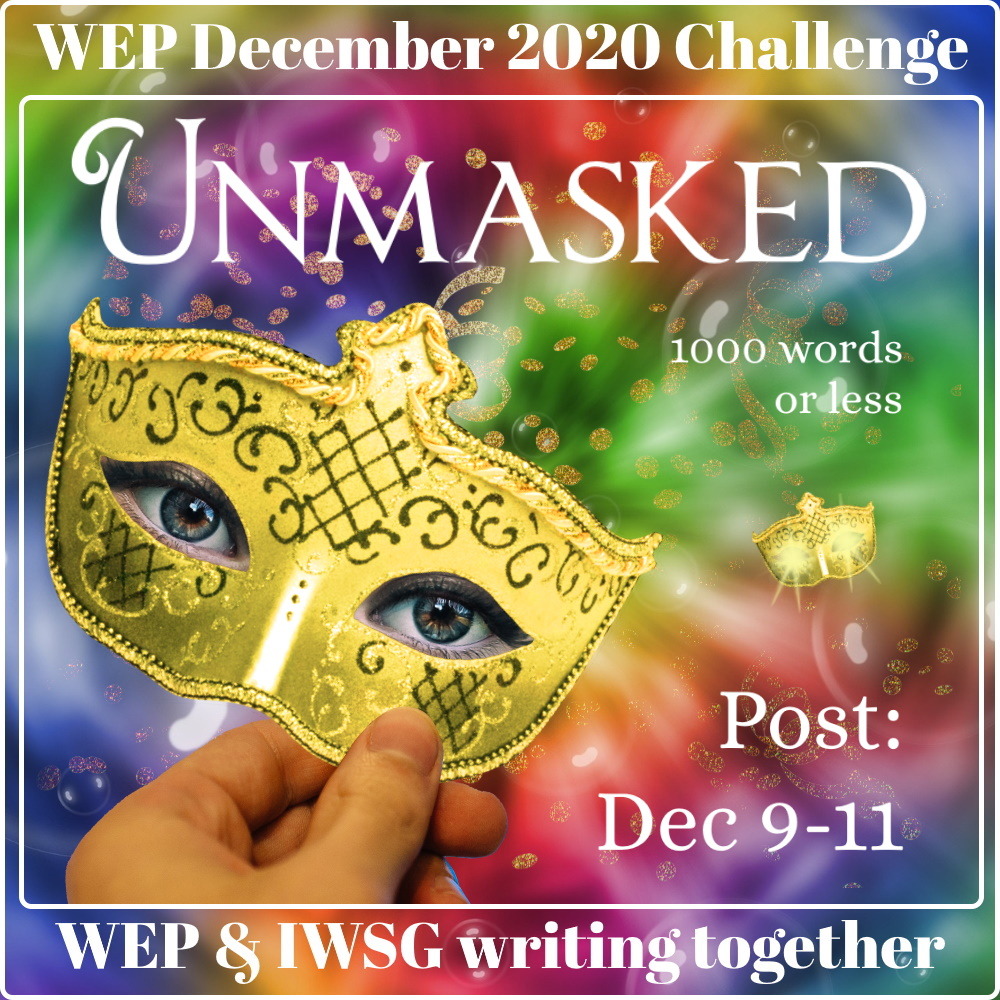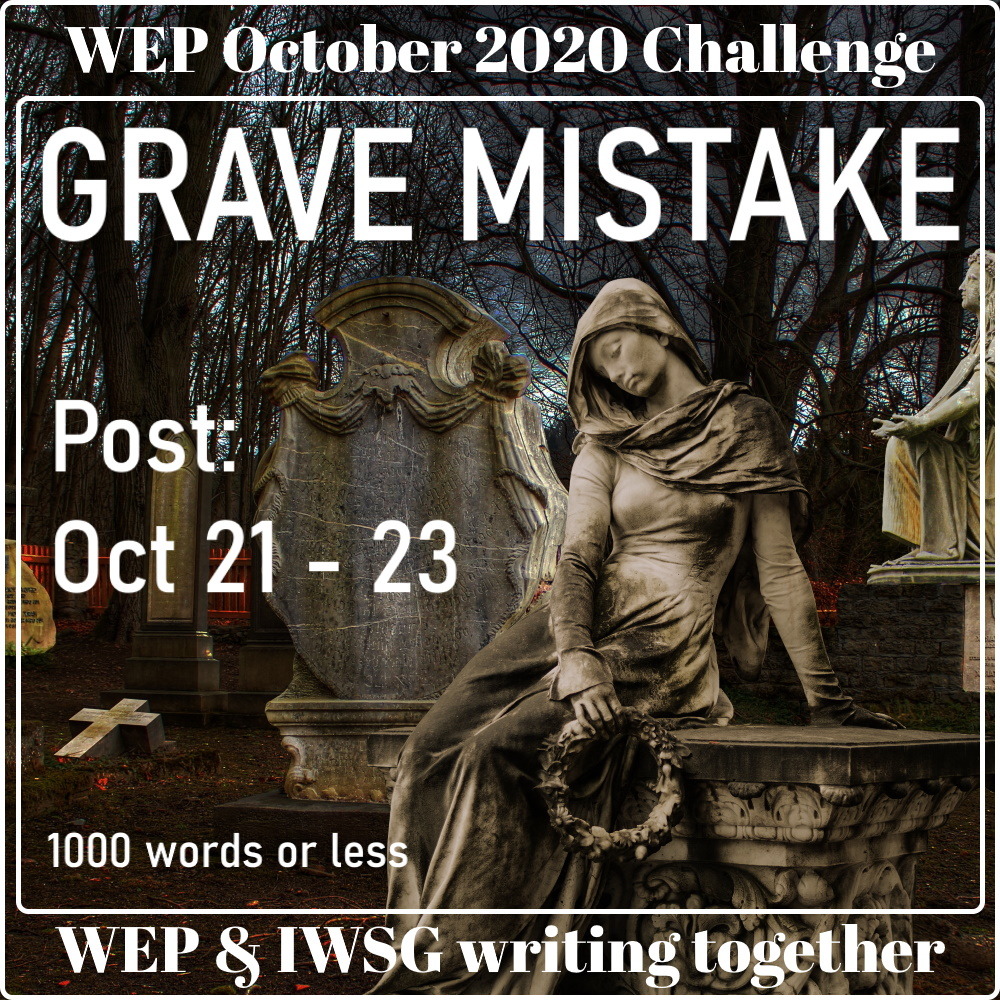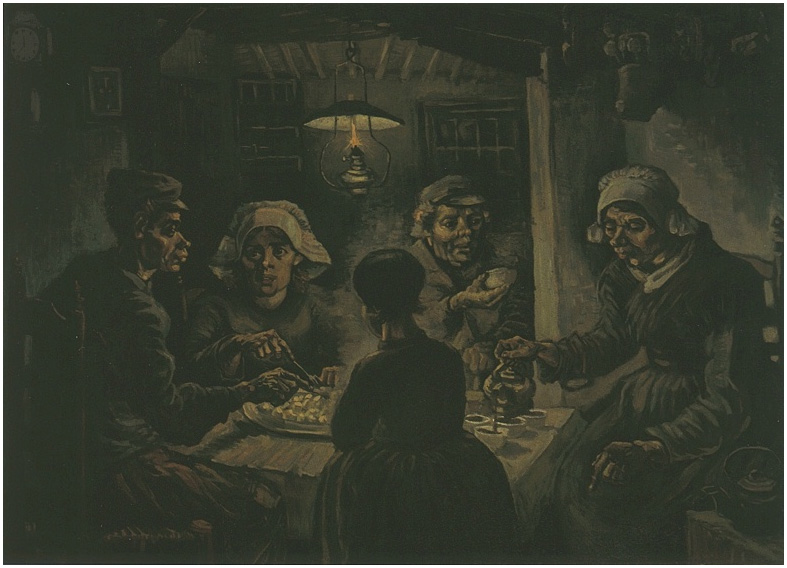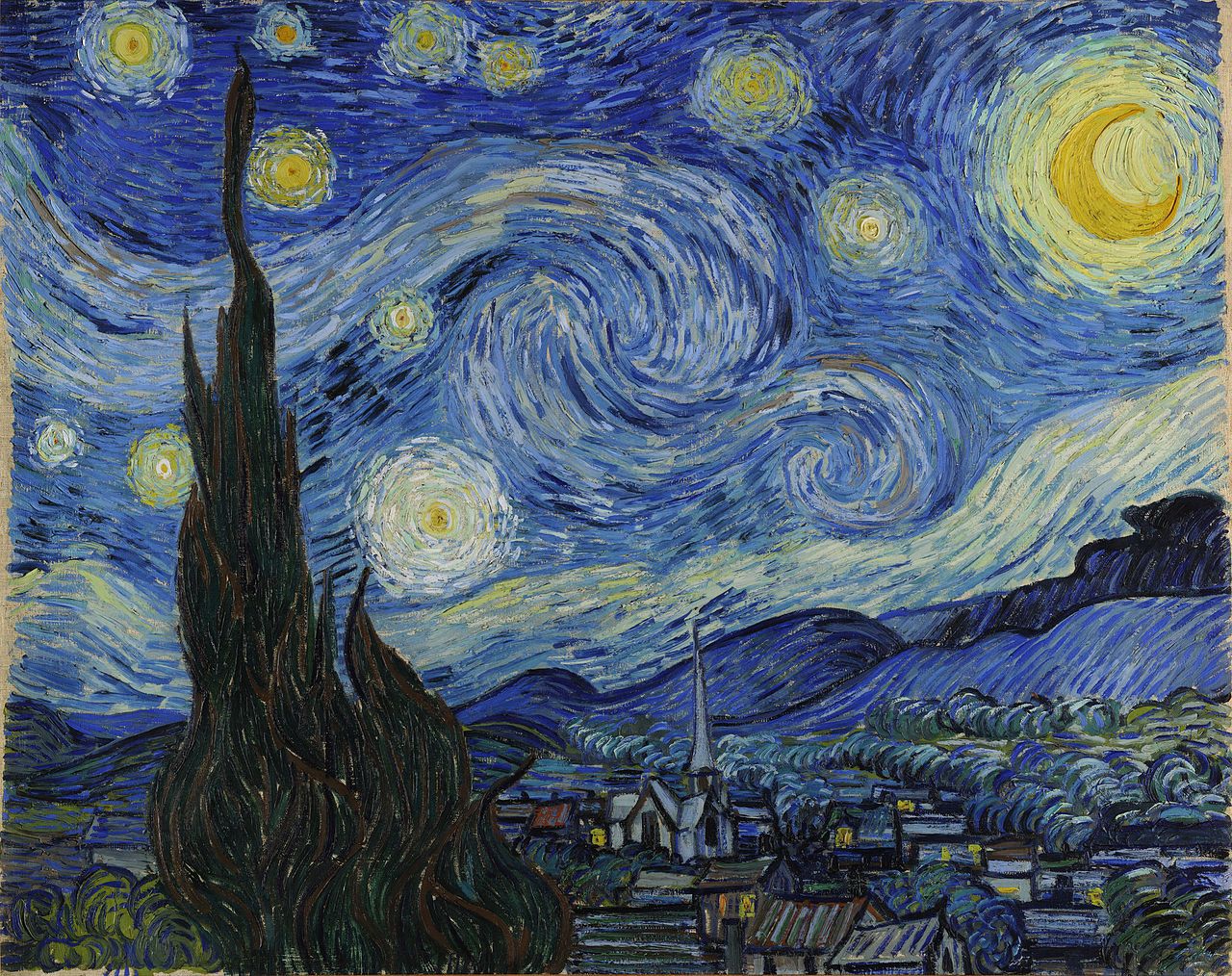Cutting straight to the chase without the usual preliminaries, in keeping with the spirit of WEP Lite...
Blind Mole in a Black Hole
To
be or not to be, that is the question…
~
Hamlet, William Shakespeare.
Mistakes.
Grave ones. Yes, the mind makes them. The shape-shifting wondrous and wondering
mind, capable of morphing from a homing pigeon to grasshopper and bulldog, capable
of holding the most unimaginable thoughts, the most inexplicable, avantgarde
visions, the most speakable and unspeakable ideas – that exact same mind can
summersault and do a strange blind-mole-in-black-hole on itself. The same mind,
which can drive the body to achieve peak success, can also torment it and goad
it to blow its brains out or immolate its living self on a pyre. It can, in one
catastrophic, grave moment, destroy its own housing and so annihilate itself.
Suicide
- it’s as old and as human as civilisation itself. The first recorded suicide note goes back to 1900 BCE to Ancient Egypt (even this
started in Africa, why am I not surprised?) – it is housed in a museum in
Berlin and its title translates as The Dispute with His Soul of One Who is
Tired of Life. Attitudes to life and death and the taking of life, whether by
own hand or by some other means, were different in antiquity – some would call
it more callous, some fatalistic, some maybe relaxed. It was not abhorrent in
many societies. The pagan world was generally less hassled about suicide than
we are now.
For
instance, some Ancient Greek states allowed citizens to end their own life with
a state sponsored cup of hemlock, if the said citizen dotted the ‘i’s and
crossed the ‘t’s correctly in the application form. In general, suicide was
frowned upon if it was uneconomic for the society, such as slaves or criminals
prior to trial (criminals forfeited their property to the state). But suicide
was perfectly acceptable if the alternative was a dishonourable death.
In
North Western India, Rajput women followed the practice of Jauhar, a ritual
mass immolation, when defeat in battle became inevitable for their menfolk, so
as not to be taken alive and abused by the enemy. The first Jauhar is said to date back to
Alexander’s time when some north western tribes committed mass suicide to avoid
certain capture by him. Similarly insurgent Jews in Masada committed mass
suicide rather than face capture and enslavement by the Romans in 74 CE. Famous
individual suicides from antiquity include Cleopatra VII and Seneca the
Younger.
With
the rise of Christianity, attitudes towards suicide hardened and the practice
became unacceptable. Suicide became stigmatised. The church excommunicated
those who attempted it and the bodies of successful suicides were not permitted
burial on consecrated grounds. That
started changing again during the Renaissance and by 18th/19th
century the cause of suicide had stopped being perceived as sin and instead
shifted to insanity, though it remained illegal in most of the world. Suicide
was decriminalised in most countries in the 20th century. However,
there is still much stigma attached to it.
***
It
is better to burn out than to fade away.
~
Kurt Cobain.
Sylvia
Plath, Virginia Woolf, Ernest Hemingway, John William Godward, Mark Rothko, Robin
Williams, Sushant Singh Rajput. Is there something within the artistic
temperament that predisposes it to suicide? Does the creative brain come
hardwired with the seeds of its own annihilation? There have been reams of
studies out to prove or disprove this premise. No definitive answer, though.
What has been established is a connection between mental health and suicidal behaviour.
Our understanding of so called ‘insanity’ has deepened. But it has also become
equally clear that mental disorders are not the only cause, the reasons are
varied and many. We now know that there are signs of suicidal tendencies long
before the person takes any definitive action to end life. Suicide prevention is possible if communities are sensitive - they listen and act proactively.
Worldwide,
there are around 800,000 lives lost to suicide annually. These are only
the recorded deaths, many are suppressed due to the stigma or to avoid legal
issues, so likely the actual figures are much higher. A majority are
males, it is estimated that twice as many men take their own lives as women. Not all have any history of mental health
issues and/or substance abuse, although it is thought that in more than 50% of
the cases depression/mental health/drugs have a role. Other causes of suicide include
financial distress, romantic and academic/professional disappointments,
terminal disease. In nearly all of the cases, the suicide is to avoid the resulting
torment rather than to end life per se.
In
the last decade or so, suicides among younger people have shown a disturbing,
upward trend globally. The current pandemic has created its own horrific spike as well –
in India for instance, suicides have risen among the youth in all segments due
to job losses and academic uncertainties, for all that the public has been
obsessed with the particular high profile suicide of Bollywood celebrity Sushant
Singh Rajput recently.
In some ways, a suicide of this kind opens up a whole
can of worms about the wider society it happens in. What it has revealed about Indian society is not pretty. What is even more regrettable is that there were hardly any serious conversations on any of the underlying issues, instead the whole spiralled into a misogynistic witch hunt, trial by social media and an avalanche of hashtags.
It is not just the suicidal mind that makes grave mistakes, unfortunately. The mindless public in many cases makes equally grave ones. A picking over of things in which all sense of privacy and decency are lost. Shameful!
***
Each
one of us leaves an unfinished life.
~
Mary Oliver.
But
that’s neither here nor there. Because this here is not about an error of the
present, but one of the long ago past. A grave mistake that robbed the world of a genius. Whose mistake was it? And how did it come to be made? We still don’t
know (WC 1000. FCA.)











